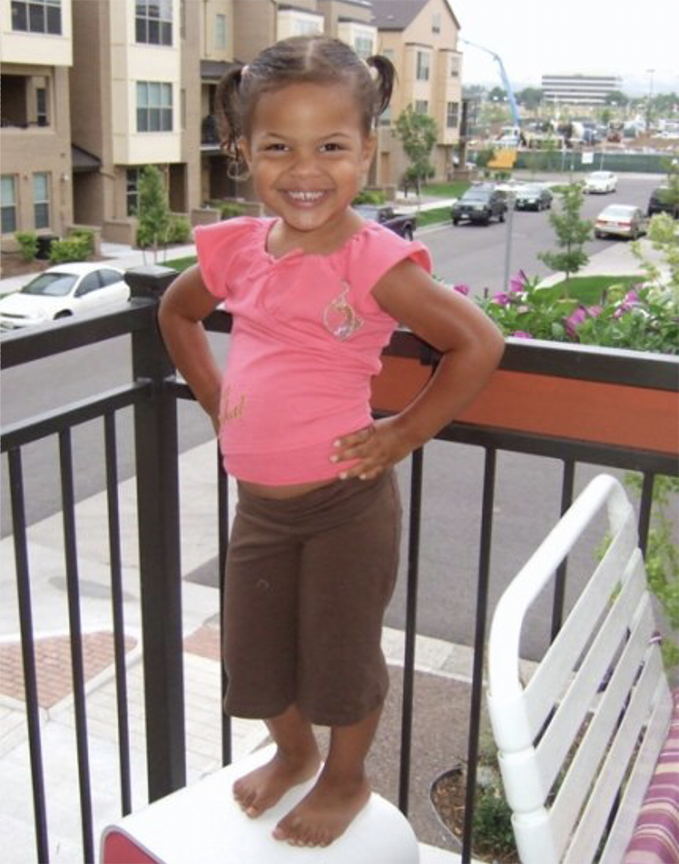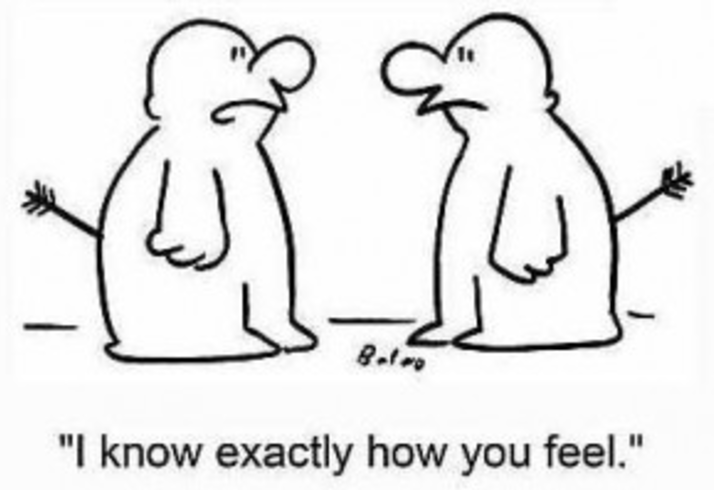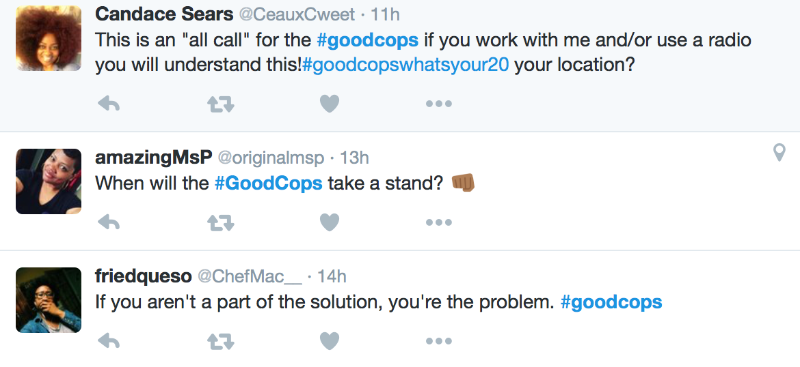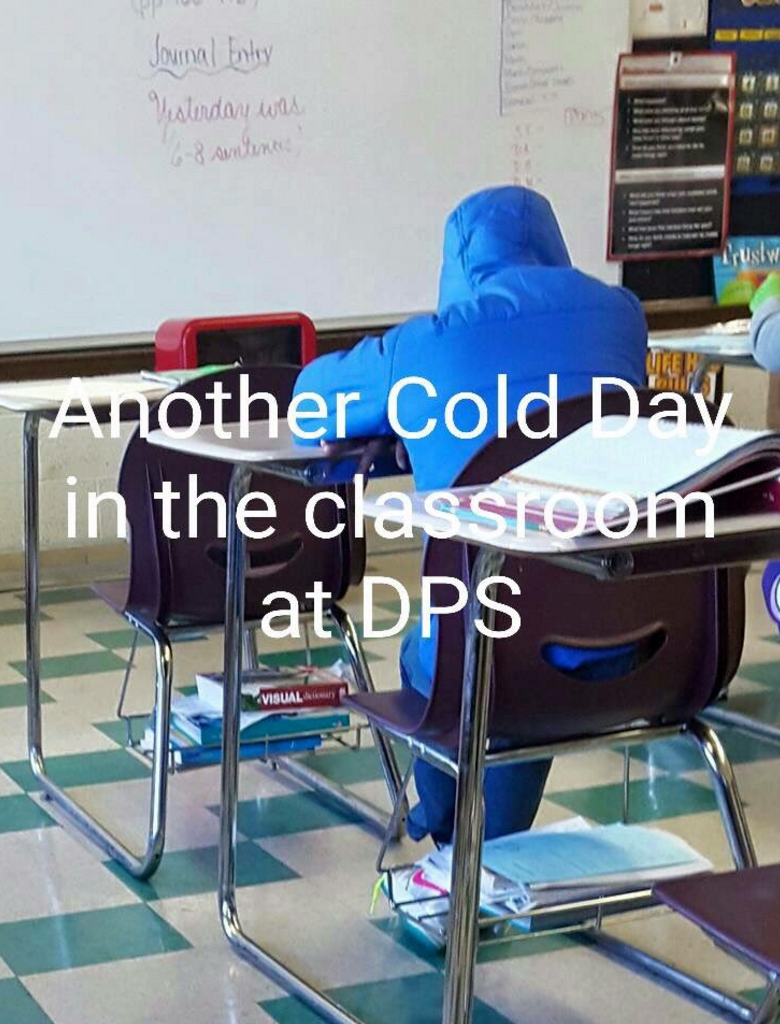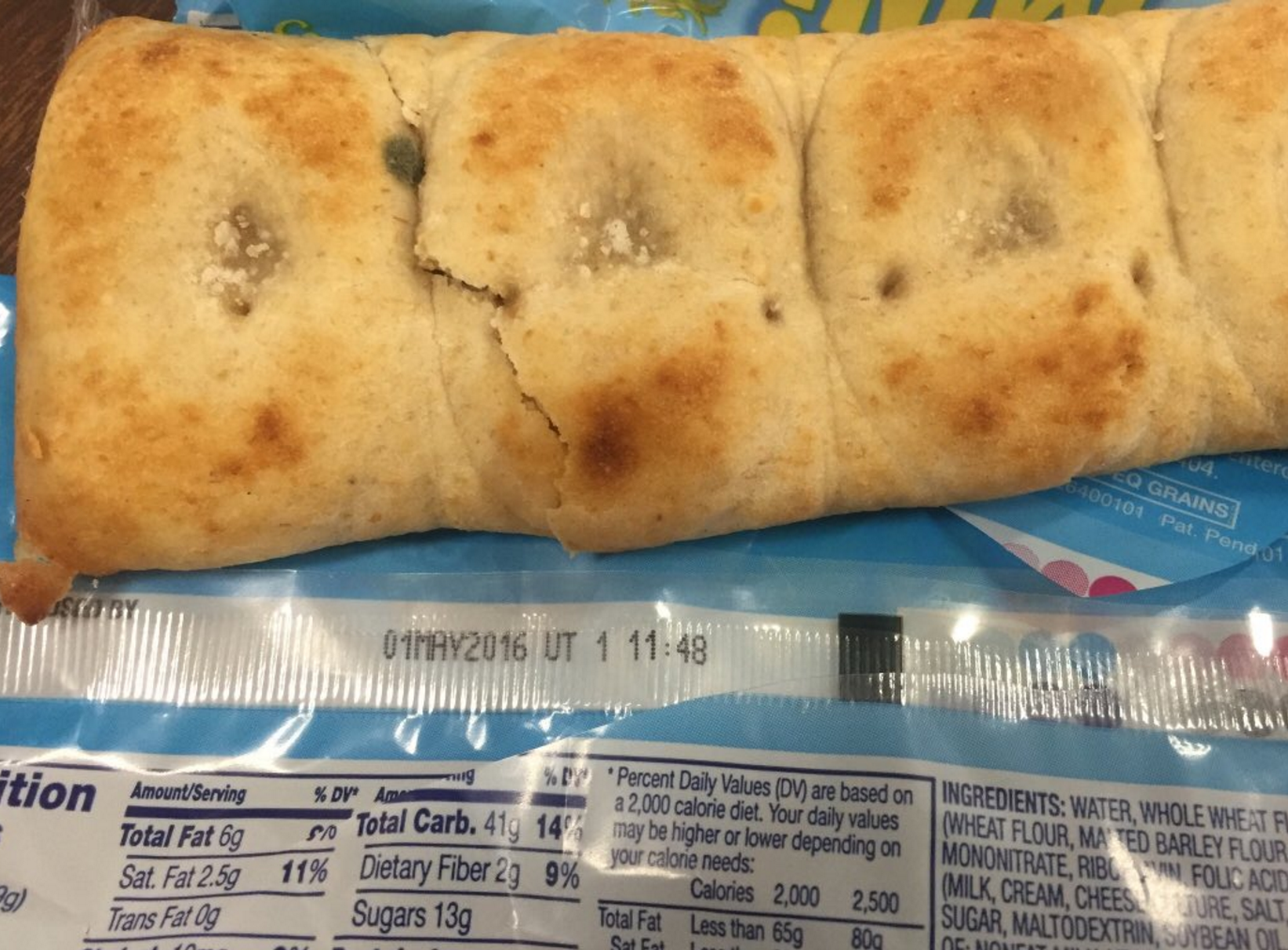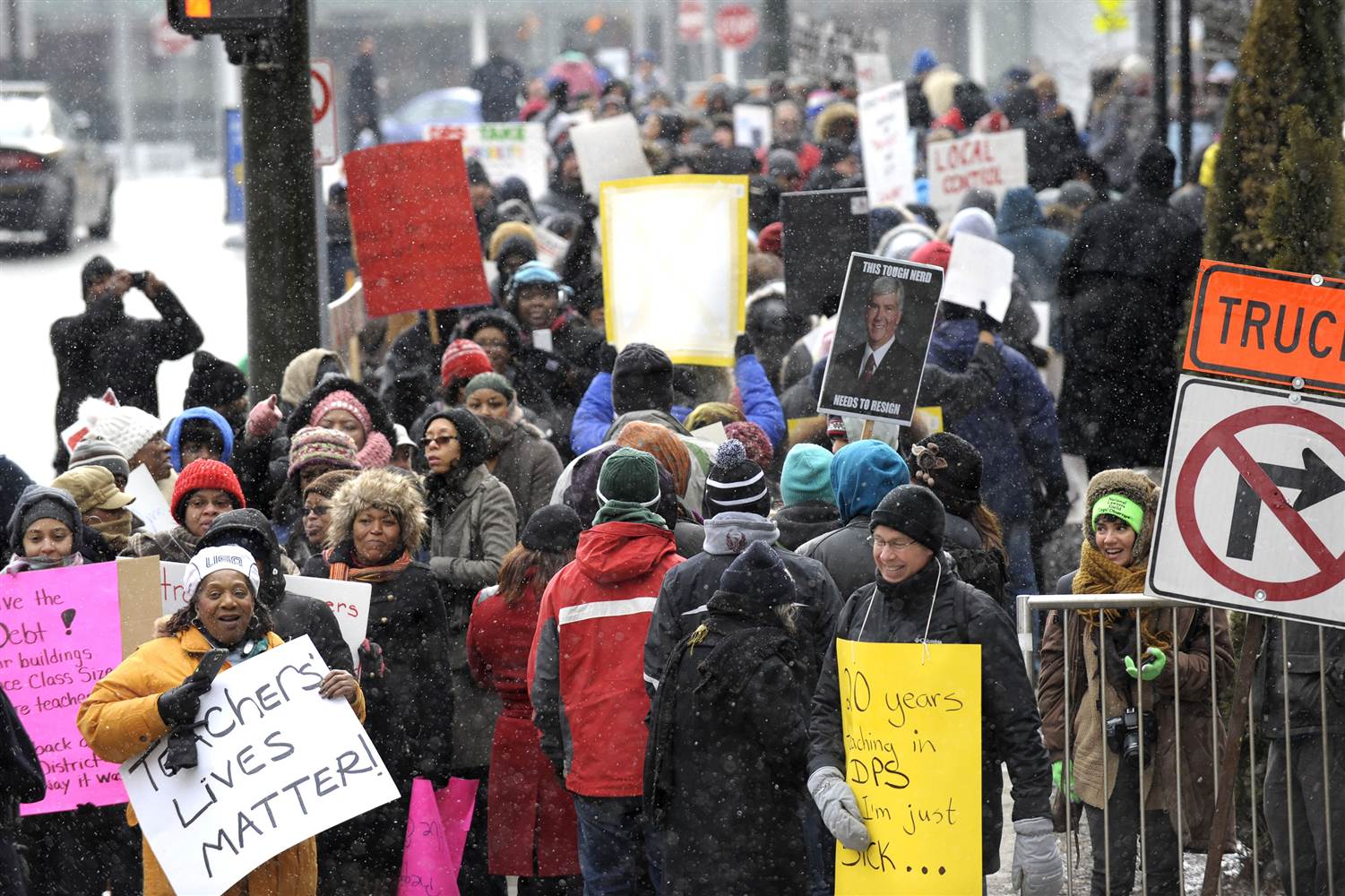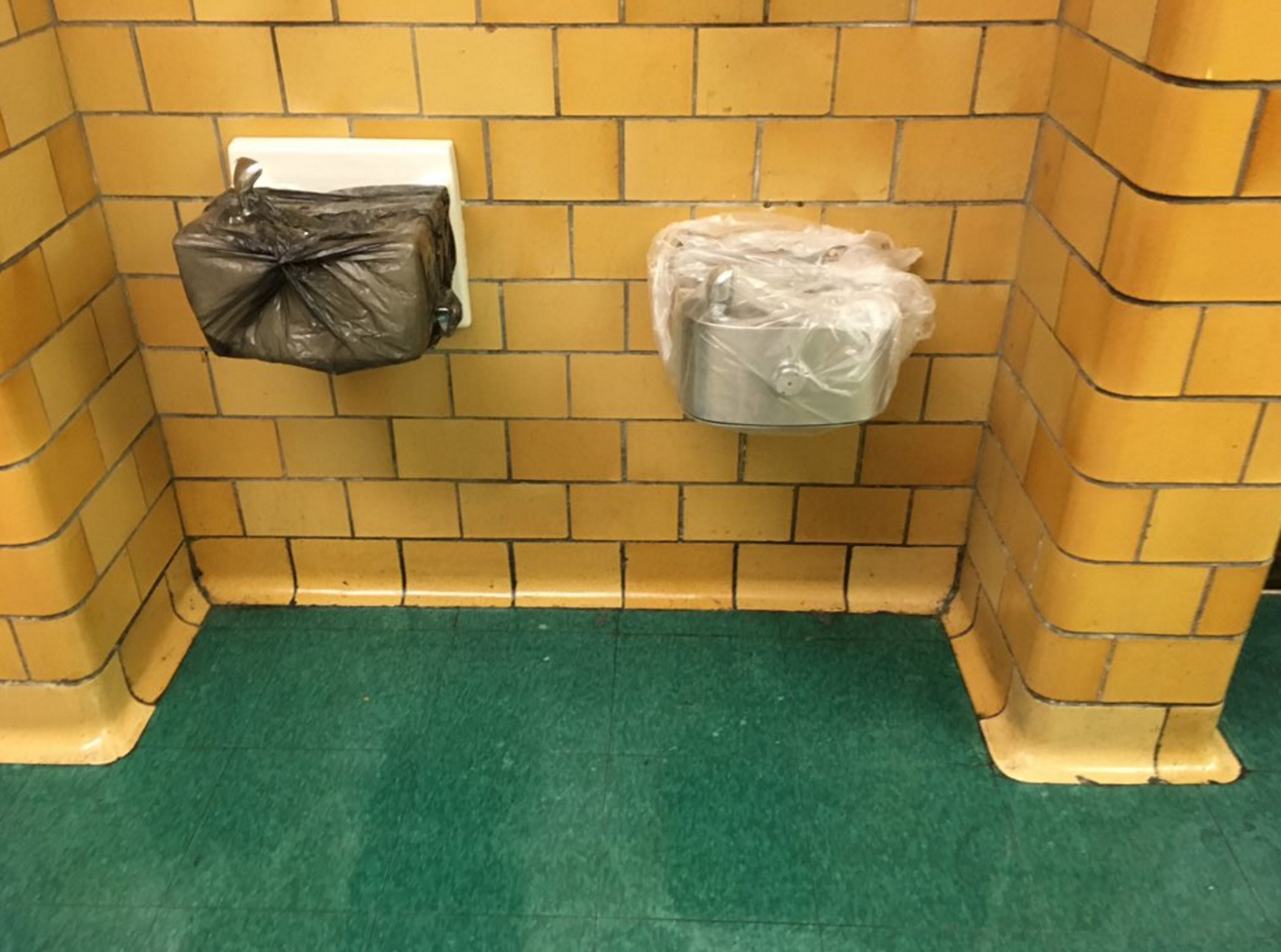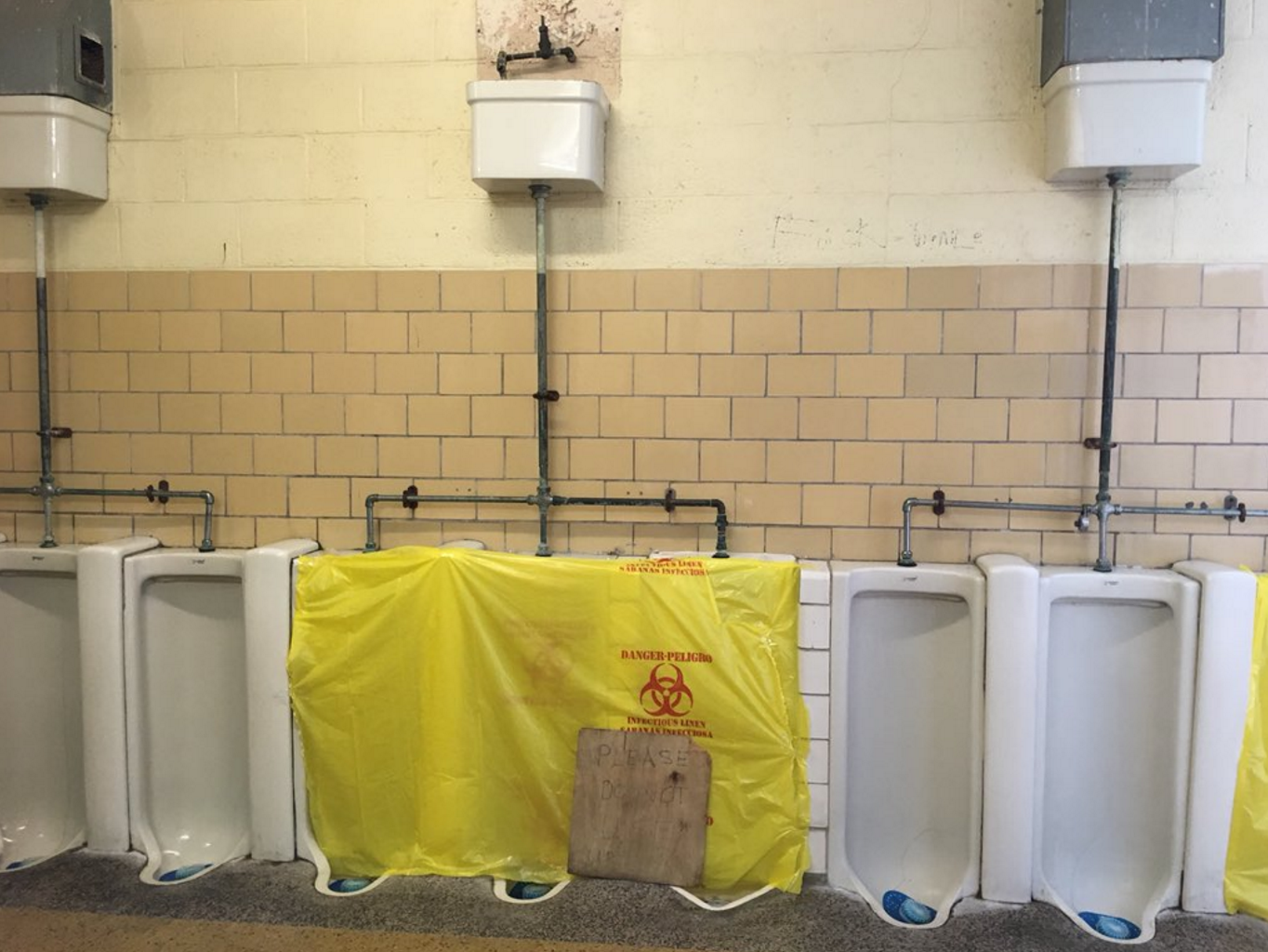My sister and I circa the late eighties
This day is important to me. Today women are striking across the world in a display of solidarity. I recognize that not all women identify as feminists, although I don’t understand it. I also recognize that the majority of men do not identify as feminists, although I don’t understand that either.
I think back to my childhood and realize the privilege that I have always had. Part of it I was born into, my parents were both white and educated and came from families where they were loved. Growing up I was bossy (and still am) and no one ever made me feel bad about it. I was encouraged to be a leader, I was raised to be confident, and because of that support I achieved in school and in sports. I get my work ethic from my parents, they didn’t preach it, they just lived it every single day.
When it was time for college I had a couple years that I didn’t know what I wanted to be, or how to recognize my talents. I took that time to take a lot of women’s studies courses (sounds pretty Boulder-like right? ;) and then with my dad’s suggestion I found my passion in the world of marketing.
I went to art school and graduated early, I was ready to jump into the real world. I landed the job I wanted, again privilege followed me. I feel very grateful for the life I have had and I recognize that while I have worked very hard, there were so many factors that have been working in my favor ever since I was born.
It didn’t take long for me to realize that the world of advertising was flawed. About a year into my career a coworker of mine got drunk and revealed his salary to me. We went to the same school, graduated at the same time, were hired at the same time, and had the same job- he made $10,000 more than me. I remember taking the information in calmly and then headed home to figure out how I was going to make this right.
So the next Monday I told my boss that I needed to talk to his boss. I gave them the facts, they came back with comments like “well, schooling and how long you have worked here all play into salary”. When I told them we were literally identical in all of those factors, they gave me the $10,000 raise. Keep in mind I was making $25,000 a year at the time so this was huge for me. But besides the bump in salary, it made me grateful that I was raised in way that made me comfortable enough to fight for what I was worth.
I moved up quickly in my career. I had a male friend tell me one time he wished he could bottle up the “cajones” I have. As I moved up I was often the only female creative in the room. It definitely has shaped the personality I have today. The environment was competitive, frat-ish at times, and has been full of uncomfortable moments with clients, coworkers and bosses.
Can you see the confidence? ;)
Now, getting close to 40 I have been in this world for almost 18 years which seems impossible, but it is true. I am a long way from that young woman fighting for her extra 10k in a lot of ways, but in many ways much has stayed the same. I became a mom to a daughter just after my 26th birthday which opened my eyes to figuring out how I wanted to raise a strong female.
I teach by doing and fighting. It has just been the 2 of us for the better part of her life. She is my teammate, at my side all the time, so she sees the fight. She sees me when I am struggling, but most importantly she always sees me get back up. She sees that I am flawed like everyone else, but that I am fiercely devoted to doing anything and everything I can to make sure she succeeds. I have become the woman, the feminist, the boss, and the mother I am to show her what she is made of.
My hope for her and the people in her life is that they realize this is what it means to be a feminist. It means that she means as much to the world as the boy who sits next to her. It means that her brown skin is as valuable as my white skin. It means that all of the men in her life- her father, her grandfathers, and everyone else who loves her- want her to succeed and believe in her success as much as they would believe in a boy’s.
I recognize my life has been full of blessings and full of privilege. I am very grateful for everything that I have been given, the love that I was raised in, and the chances I was given to prove myself. That does not mean I don’t have something to fight for. I have heard this a lot lately, women in a position of privilege who don’t understand that one woman’s fight is all of our fight.
My dream is a world where we are all feminists, because we all recognize that your son is not better than your daughter. He doesn’t deserve additional opportunities or respect simply because of his gender. When women do better, we all do better. Please find your own way of standing in solidarity today, I am striking with the knowledge that all women do not have that luxury, so I will strike for them too. Even more important is how each of us continue to carry out the spirit of today into each day moving forward.



